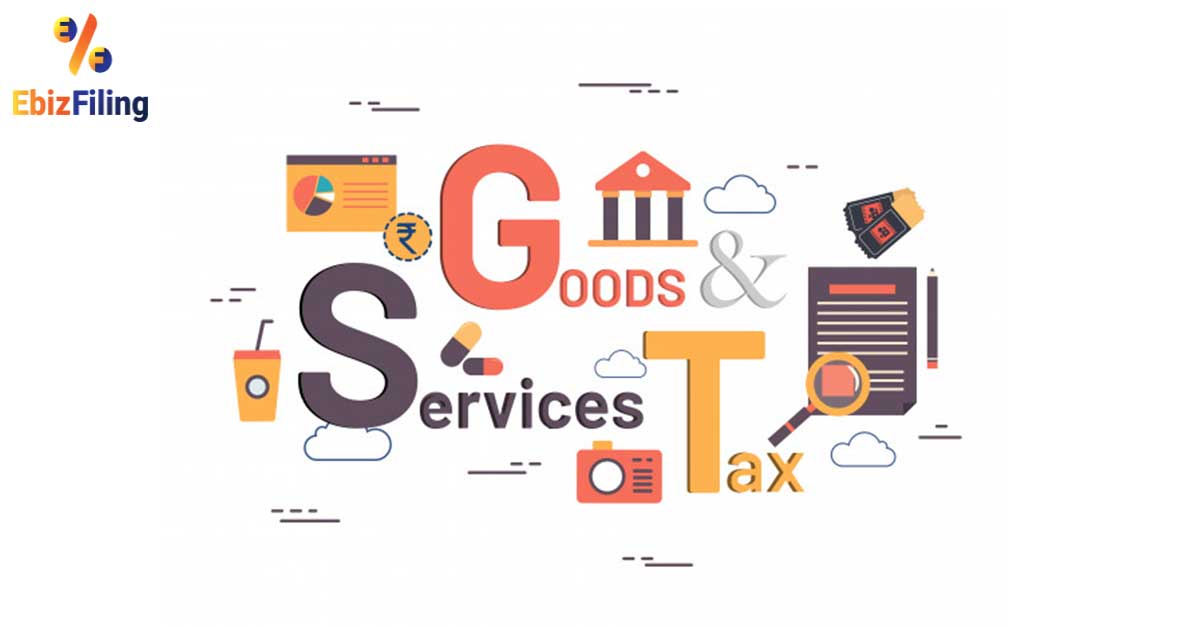Enhancing Your Singapore GST Registration: A Comprehensive Technique
Enhancing Your Singapore GST Registration: A Comprehensive Technique
Blog Article
The Ultimate Guide to Streamlining the GST Registration Refine and Demands for Small Company Owners

Understanding GST Basics
To realize the principles of the Item and Services Tax (GST) system, small company proprietors must initially recognize its underlying principles and effects. GST is a value-added tax obligation imposed on a lot of products and services for domestic consumption. It intends to improve the taxes process by replacing multiple indirect taxes imposed by the state and main governments. Under the GST routine, companies are required to sign up and accumulate tax obligation in behalf of the government, ensuring openness and conformity.
One of the key principles of GST is input tax obligation credit scores, which enables services to assert debt for taxes paid on their purchases. Recognizing these standard concepts is essential for little organization proprietors to browse the intricacies of the GST system and ensure compliance with the regulation.
Eligibility Standards for Registration
Having actually established a foundational understanding of GST principles, tiny organization proprietors must now fulfill particular eligibility standards to proceed with the enrollment process (Singapore GST Registration). Services that were registered under the previous tax regimen (VAT, service tax obligation, and so on) are also mandated to register under GST. Agricultural companies that just supply create out of main production are excluded from GST enrollment.
Files Required for GST Enrollment

Simplified Registration Refine Actions
Following the collection and confirmation of the requisite documents, the registration procedure for GST can be browsed through a collection of simplified actions designed to help with efficient conformity for local business owners. The initial step includes going to the GST portal and choosing the 'New Registration' option. Subsequently, the candidate needs to fill up in Part Singapore GST Registration A of the GST REG-01 form with information such as PAN, mobile number, and e-mail address to obtain an OTP for confirmation. Once the OTP is obtained and gotten in, a Short-term Reference Number (TRN) is created for additional proceedings. The next step needs completing Component B of the kind with required service information, submitting supporting documents, and finishing the confirmation procedure utilizing DSC or EVC. Ultimately, upon successful verification, an Application Recommendation Number (ARN) is released, indicating the completion of the GST enrollment process. By following these streamlined steps, local business proprietors can properly register for GST and make sure compliance with tax obligation guidelines.
Tips for Ensuring Compliance
To maintain regulatory adherence and operational integrity, attentive oversight and positive steps are crucial in guaranteeing compliance with GST needs for small company owners. Local business owners should remain updated with GST regulations, submitting due dates, and any type of adjustments in tax obligation rates to stay clear of penalties and keep a good standing with tax authorities. One look at this now important suggestion for compliance is to maintain detailed and accurate documents of all purchases, including receipts, expenditures, and billings connected to GST. Frequently integrating financial documents with GST returns can help in recognizing and fixing any type of inconsistencies quickly. Furthermore, conducting routine inner audits or looking for expert aid can make certain that the company is complying with all GST guidelines go to the website correctly. It is additionally crucial for local business owners to purchase GST-compliant accountancy software application that can improve the tax declaring procedure and reduce errors. Lastly, going to GST recognition workshops or training programs can improve understanding and compliance with GST policies, ultimately benefiting business in the lengthy run.
Final Thought
In final thought, small company owners should understand the fundamentals of GST, fulfill the qualification standards, collect needed documents, and adhere to the streamlined enrollment procedure steps to guarantee compliance. By simplifying the GST enrollment procedure and requirements, local business proprietors can avoid charges and operate their companies smoothly within the legal structure - Singapore GST Registration. It is crucial for small company owners to remain enlightened and certified with GST guidelines to maintain a successful business procedure
Tiny company owners looking for GST enrollment have to ensure they gather and submit the necessary records to finish the enrollment procedure effectively. The papers needed for GST enrollment usually consist of proof of business enrollment or consolidation, FRYING PAN (Irreversible Account Number) card of the company address, identity and entity proof of the promoters/partners/directors, pictures, address evidence of the area of company, financial institution account declarations or terminated cheques, and consent types. Participating in GST understanding workshops or training programs can improve understanding and conformity with GST laws, inevitably benefiting the business in the long run.
By simplifying the GST enrollment procedure and demands, small service proprietors can avoid penalties and run their businesses efficiently within the legal framework. It is crucial for little business proprietors to remain educated and certified with GST guidelines to keep a successful organization operation.
Report this page